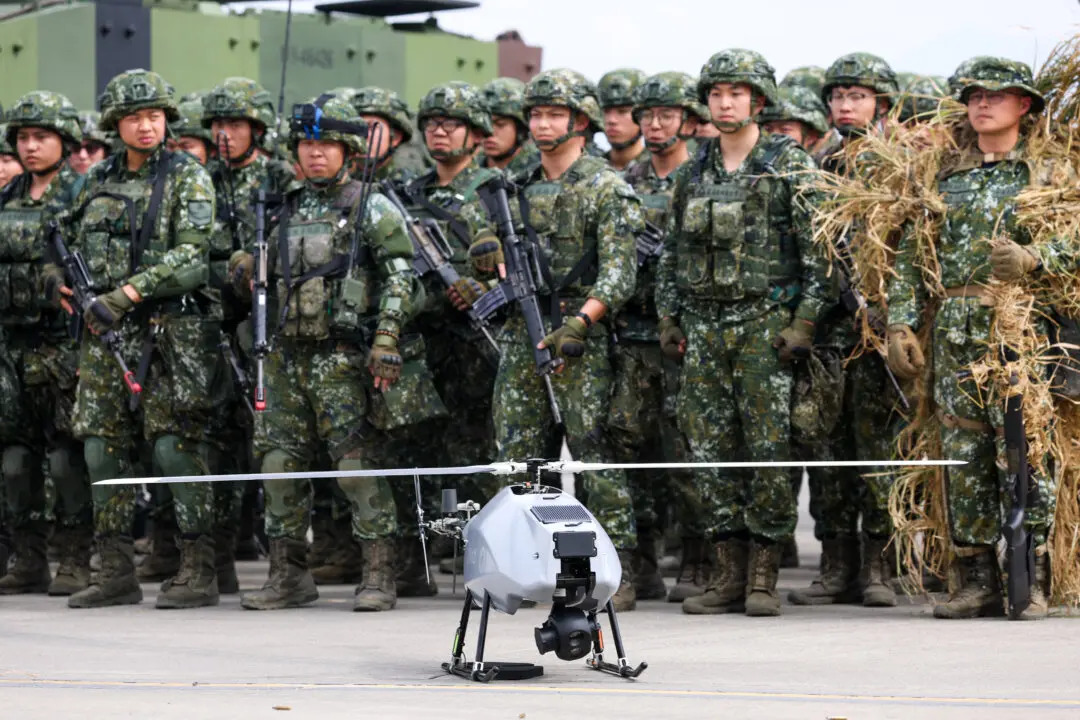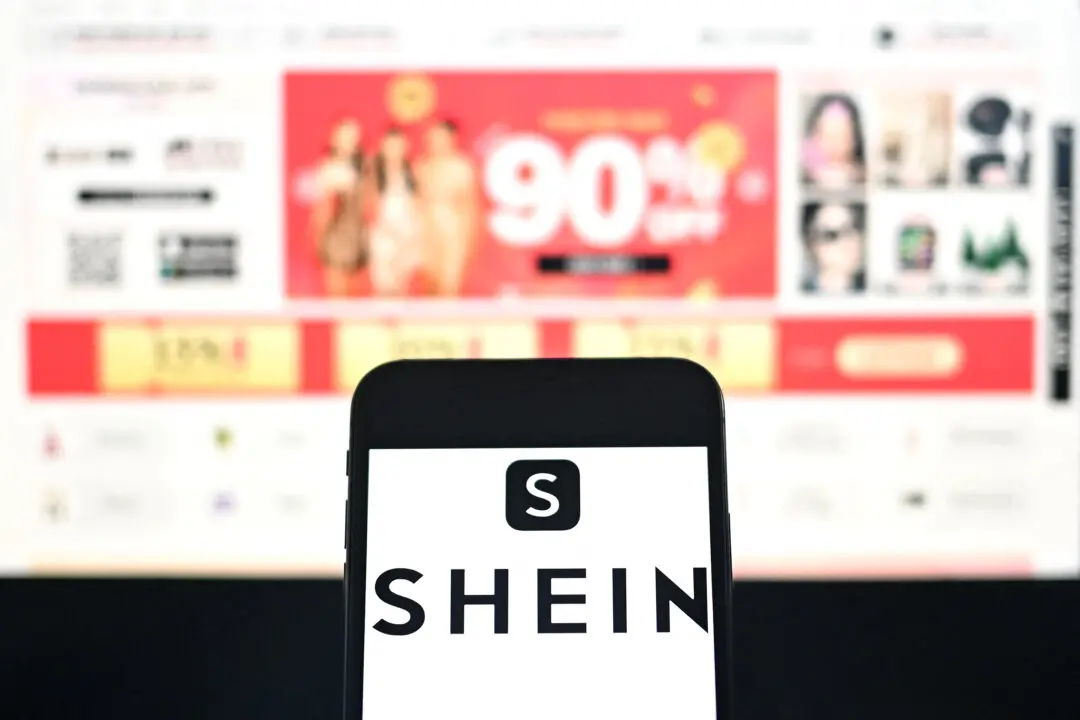Tech billionaire investor Peter Thiel criticized major U.S. technology companies for being too cozy with the Chinese Communist Party (CCP) and called on them to undo their Chinese ties.
“Since everything in China is civilian-military fusion, Google was effectively working with the Chinese military, not with the American military,” Thiel said during an April 6 virtual roundtable hosted by the Richard Nixon Foundation. Former Secretary of State Mike Pompeo and former White House national security adviser Robert O’Brien also took part in the event.





